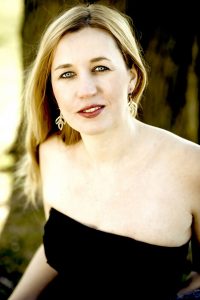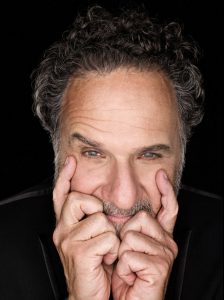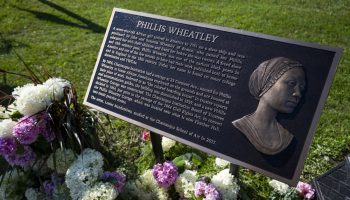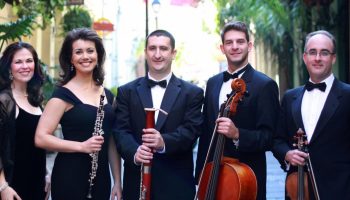Clarinetist David Krakauer and pianist Kathleen Tagg are both of a rare breed. They’ve managed to forge careers — both individually and as the Krakauer-Tagg Duo — in standard classical repertoire and in radical avant-garde music.
The Krakauer-Tagg Duo will perform a program that shows off their versatility at 4 p.m. Monday, July 9, in Elizabeth S. Lenna Hall. The program, titled “Voyages,” is personal for both performers.

“It’s music that we really love,” Tagg said. “The first half is more standard classics, things that we’ve grown up playing. The second half is all linked to people that we know. They come from around the world: there’s South African influence, there’s Moldavian, Eastern European, Jewish, Syrian, even New York City.”
The “standard classics” on the first half are Claude Debussy’s “Premiére rhapsodie” and Johannes Brahms’ Clarinet Sonata in F minor, Op. 120, No. 1.
The second half features a more eclectic mix. It opens with music from Kinan Azmeh, a close friend of Krakauer and Tagg. Azmeh is a Syrian clarinetist known for his solo work and as a member of the Silkroad Ensemble, founded by Yo-Yo Ma. The duo will perform Azmeh’s “November 22,” a delicate and meditative piece with long, arching phrases.
There will be original works composed by both Krakauer and Tagg, as well. Tagg wrote a piece titled “Berimbau,” named after the Brazilian stringed percussion instrument of the same name. The berimbau is a single-string instrument in the shape of a bow, played by striking the string and then stopping it with a finger at different points. This divides the string into two smaller strings, producing two different pitches.

Tagg has adapted this concept to the piano for “Berimbau.” She begins the piece using the inside of the piano, developing a rhythmic, driving theme on one string and stopping it different places as one would with a berimbau. The piece develops to incorporate more and more of Tagg’s life experiences.
Big band swing, classical experimental — a whole mish- mash of stuff,” she said.
Tagg, a South African, said the piece came out of a yearlong meditation on what it meant to be South African in 2014, the 20th anniversary of the end of apartheid. Though the berimbau is a Brazilian instrument, it’s a cousin of musical bows in her home region of South Africa.
“I spent a year sort of playing around, using the piano as a treasure trove of sounds,” Tagg said. “But the impetus behind it was thinking about the country and what it meant to be South African.”
The second half also features klezmer music in both traditional form and something Krakauer calls “radical Jewish culture.” The term was coined by New York composer John Zorn, whose piece “Parzial” will be played on the program.
Krakauer met Zorn in 1992 in New York City when klezmer music was undergoing its second revival period. At venues like the Knitting Factory in the East Village, klezmer music was being performed alongside the avant-garde, and the two began to mix. Zorn was able to capture that movement and label it with his term “radical Jewish culture.”
Two pieces on today’s program — “Parzial” and Krakauer’s composition “Synagogue Wail” — are in that vein, Krakauer said. But he wants to stress that “radical” or “avant-garde” music doesn’t have to be nonsensical or overly turbulent.
“Some of the (avant-garde) repertoire is crazy and very violent, but this actually is a very peaceful, calm, meditative sort of piece. It builds quite a bit and gets crazy in the middle, but in a friendly sort of way.”
– David Krakauer, Clarinetist




